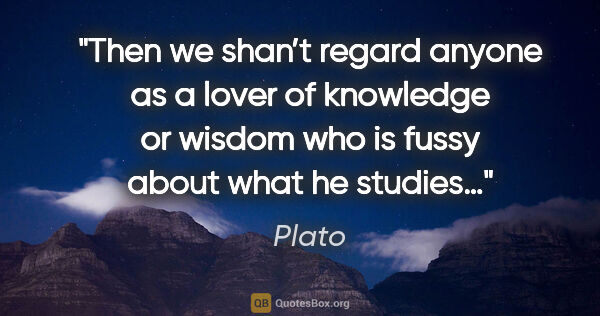Study Quotes (page 40)
When they first emerged in their present shape around the turn of the 18th century, the so-called humane disciplines had a crucial social role. It was to foster and protect the kind of values for which a philistine social order had precious little time. The modern humanities and industrial capitalism were more or less twinned at birth. To preserve a set of values and ideas under siege, you needed among other things institutions known as universities set somewhat apart from everyday social...
Terry Eagleton

The study of law can be disappointing at times, a matter of applying narrow rules and arcane procedure to an uncooperative reality; a sort of glorified accounting that serves to regulate the affairs of those who have power--and that all too often seeks to explain, to those who do not, the ultimate wisdom and justness of their condition. But that's not all the law is. The law is also memory; the law also records a long-running conversation, a nation arguing with its conscience.
Barack Obama
Americans have become conditioned to believe the world is a gray place without absolutes; this is because we’re simultaneously cowardly and arrogant. We don’t know the answers, so we assume they must not exist. But they do exist. They are unclear and/or unfathomable, but they’re out there. And—perhaps surprisingly—the only way to find those answers is to study NBA playoff games that happened twenty years ago. For all practical purposes, the voice of Brent Musburger was the pen of Ayn Rand.
Chuck Klosterman
Why did colleges make their students take examinations, and why did they give grade? What did a grade really mean? When a student "studied" did he do anything more than read and think-- or was there something special which no one in Walden Two would know about? Why did the professors lecture to the students? Were the students never expected to do anything except answer questions? Was it true that students were made to read books they were not interested in?
B. F. Skinner
I wanted to put my hand to an enormous paean which would unify my vision of America with words spilled out in the modern spontaneous method. Instead of just a horizontal account of travels on the road, I wanted a vertical, metaphysical study. ... This feeling may soon be obsolete as America enters its High Civilization period and no one will get sentimental or poetic any more about trains and dew on fences at dawn in Missouri.
Jack Kerouac



